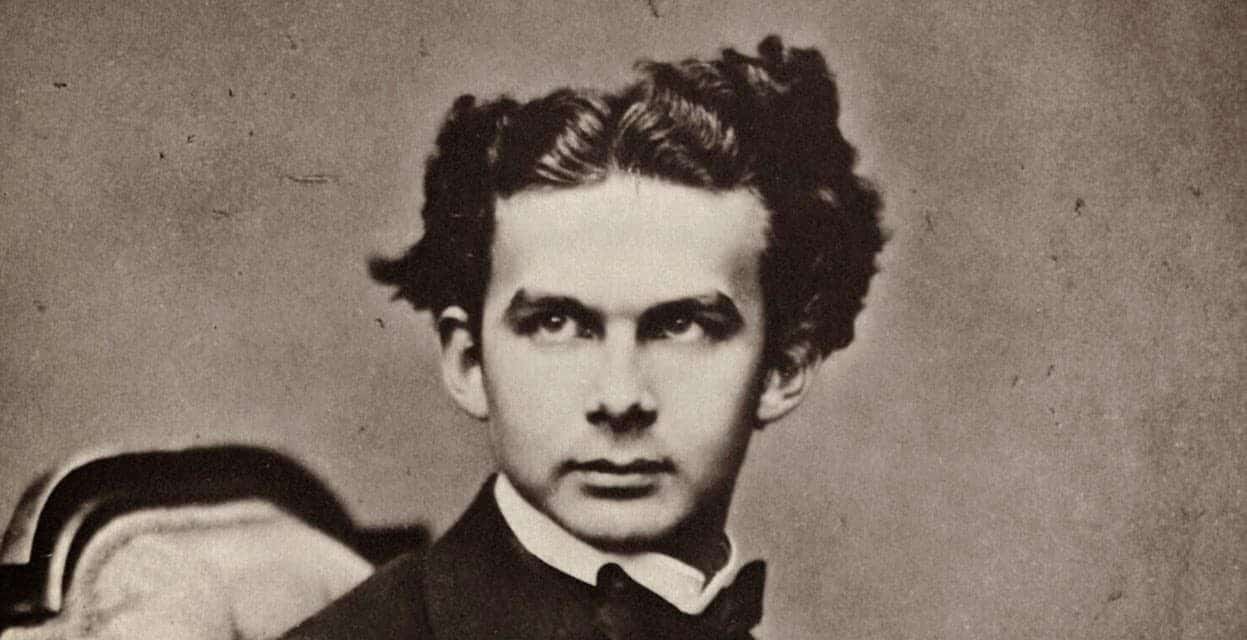Consanguinity, the act of marrying a biological relative, has been a mainstay of royal families for about as long as there have been dynasties. On paper, the idea makes perfect sense: marry a relative, keep the bloodline utterly pure by producing children from consanguineous marriages, and if a dispute should arise within the family, have the conflicting parties get married. What could possibly go wrong?
A lot, actually. As we now know, with the modern science of genetics and the hindsight of so many royal disasters, inbreeding leads to diseases and deformities, some of which were so severe that entire dynasties were brought to their knees. In fact, some historians have even suggested that the inbreeding of European royals was a leading factor of World War I. Thank goodness it pretty much ended then.
Considering that children in royal families tended to have much higher mortality rates than the general population, it can pretty well be concluded that being royalty wasn’t always all that it was cracked up to be. This list will give you some pretty good reasons to be thankful that you aren’t a king or queen.

